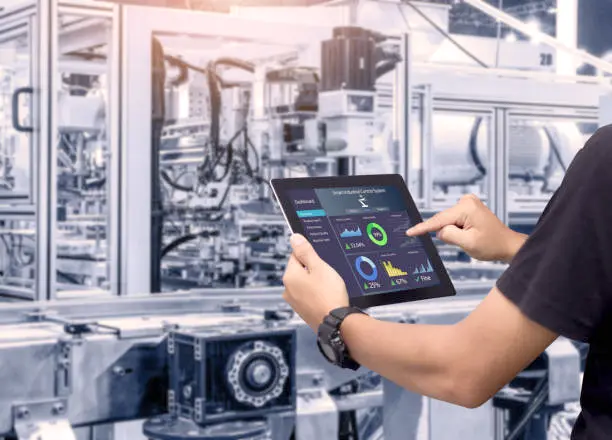
The Future of Work: Adapting to a Remote Workforce
- Admin
As technological advancements continue to reshape the workplace, the concept of remote work is becoming increasingly prevalent. The COVID-19 pandemic accelerated this trend, forcing many organizations to adopt remote work arrangements to ensure business continuity. In this article, we'll explore the future of work in the context of remote workforce adaptation, examining its implications for businesses, employees, and the overall work culture.
Remote work, also known as telecommuting or telework, refers to the practice of working outside of traditional office settings, often from home or other remote locations. While remote work was once considered a perk or alternative arrangement, it has now become a mainstream practice for many organizations across various industries. The benefits of remote work, such as flexibility, cost savings, and increased productivity, have made it an attractive option for employers and employees alike.
One of the key implications of the shift to remote work is the need for organizations to adapt their policies, processes, and technologies to support a distributed workforce effectively. This includes investing in remote collaboration tools, video conferencing platforms, and cloud-based productivity suites to facilitate seamless communication and collaboration among remote teams. Additionally, organizations must establish clear guidelines and expectations for remote work, including performance metrics, work hours, and communication protocols, to ensure accountability and alignment with business objectives.
Moreover, the rise of remote work has significant implications for the physical workplace and office culture. With fewer employees present in traditional office spaces, organizations may choose to downsize their physical footprint, adopt flexible office layouts, or implement hot-desking arrangements to optimize space utilization and reduce costs. Additionally, organizations may need to rethink their approach to employee engagement, team building, and organizational culture to foster connectivity and camaraderie among remote workers.
For employees, the shift to remote work presents both opportunities and challenges. On the one hand, remote work offers greater flexibility in managing work-life balance, eliminating commutes, and reducing stress associated with office politics. On the other hand, remote work may blur the boundaries between work and personal life, leading to feelings of isolation, burnout, and disengagement if not managed effectively. To thrive in a remote work environment, employees must cultivate self-discipline, establish boundaries, and prioritize communication and collaboration with colleagues and supervisors.
Looking ahead, the future of work is likely to be characterized by hybrid work models that combine remote and in-person work arrangements. Organizations will need to strike a balance between the benefits of remote work, such as flexibility and cost savings, and the value of in-person interactions, such as spontaneous collaboration and team building. By embracing remote work as a permanent fixture in the modern workplace and leveraging technology to support remote collaboration and productivity, organizations can adapt to the changing dynamics of work and position themselves for success in the future.
Ryodo Automation recognizes the importance of remote work in the future of work and offers a range of solutions to support organizations in adapting to a remote workforce. From remote collaboration tools and virtual meeting platforms to cybersecurity solutions and employee engagement initiatives, Ryodo Automation empowers organizations to thrive in the era of remote work.
In conclusion, the future of work is remote, with organizations and employees alike embracing the flexibility, efficiency, and productivity benefits of remote work arrangements. By embracing remote work as a permanent fixture in the modern workplace and investing in the necessary technologies and processes to support a distributed workforce effectively, organizations can adapt to the changing dynamics of work and drive success in the digital age. Embrace the future of work with Ryodo Automation and unlock new possibilities for your organization.
